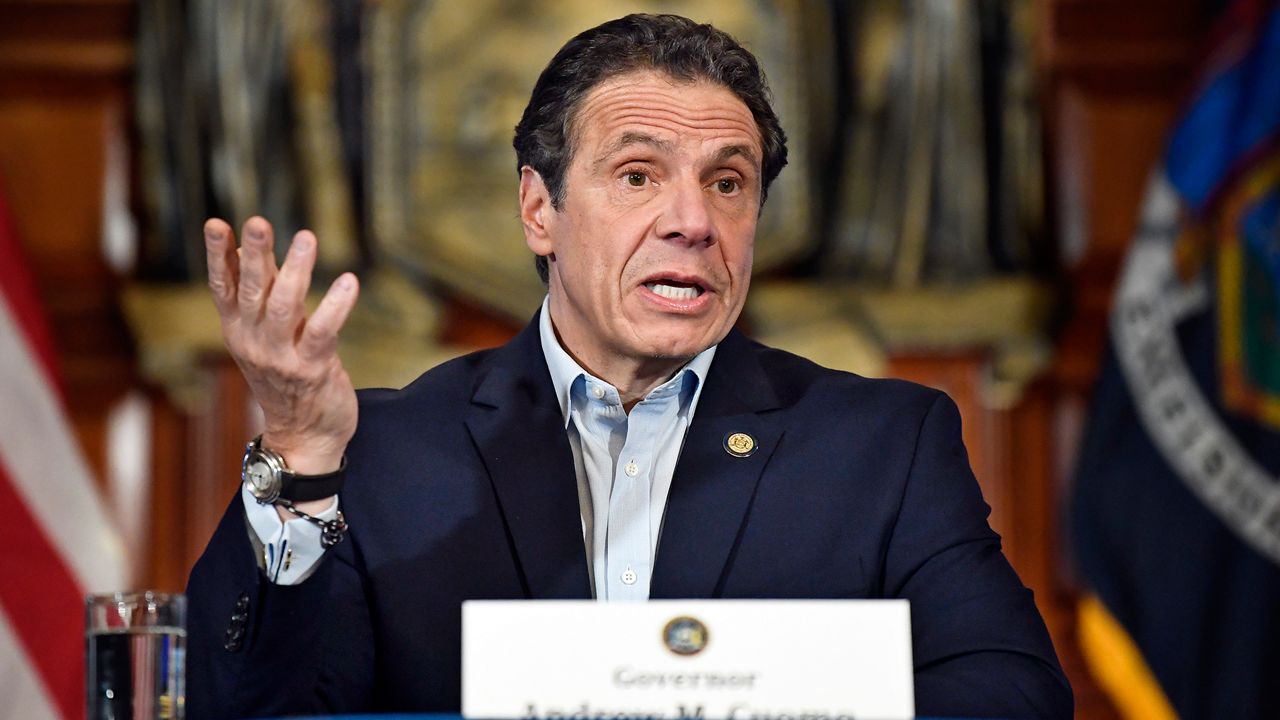A decade ago, New York began a long climb out of a deep recession. Today, fiscal watchdogs say the state is not completely ready to handle the next one.
Governor Andrew Cuomo says a recession would spell political doom for President Trump.
“If the economy tanks and this recession comes true, he may as well as start packing his bags now, because I think if there's only one redeeming rationale is it's, well, Trump is a businessman and the economy is doing well,” said Cuomo.
But a recession wouldn't be good for New York State, either. It could mean less funding for schools or higher taxes. The state budget relies heavily on the personal income tax, drawn mainly from wealthy individuals, says EJ McMahon of the Empire Center.
“Now we've got a lot of volatility on Wall Street, a lot of economic uncertainty,” said McMahon. “So I think going forward the state is on shakier ground than it's been for a while.”
At the same time, the state is phasing in a series of tax cuts aimed primarily at middle-income earners -- costing the state more revenue.
“That's a continuing factor that's actually drawing down the income tax that is our biggest revenue source even as the governor's projecting it will grow at a decent pace,” said McMahon.
The result is modest budget gaps if economic conditions hold up. But that may not be the case. And David Friedfel of the Citizens Budget Commission notes New York's so-called rainy day fund -- a savings account meant to plug revenue holes -- would struggle to cover the lost revenue.
“The state only has about $2.5 billion in their rainy day reserves and that's if they make the anticipated deposits at the end of this current fiscal year,” said Friedfel. “The impact of a recession over three years would be about $34 billion. So they have less than 10-percent of what they would need to plug that gap over three years.”
When the last recession hit a decade ago, state lawmakers and then-Gov. David Paterson agreed to a tax increase on upper income earners. The tax was meant to be temporary. Further raising taxes on the rich remains an option, but could be tricky.
“Potentially they could, but that would hurt the state's competitiveness,” said Friedfel. “That's an issue the governor has highlighted, particularly with the cap on state and local tax deduction to make New York even less competitive compared to low or no tax states like Florida.”
For now, we can breathe a little easy. New York's tax revenue so far has come in as projected.



